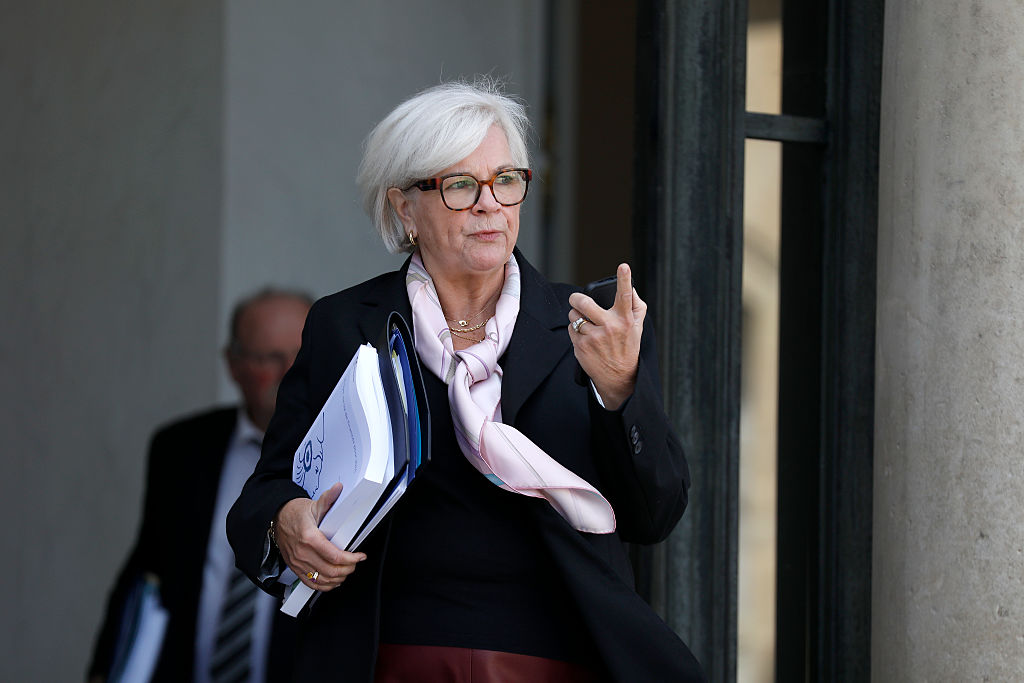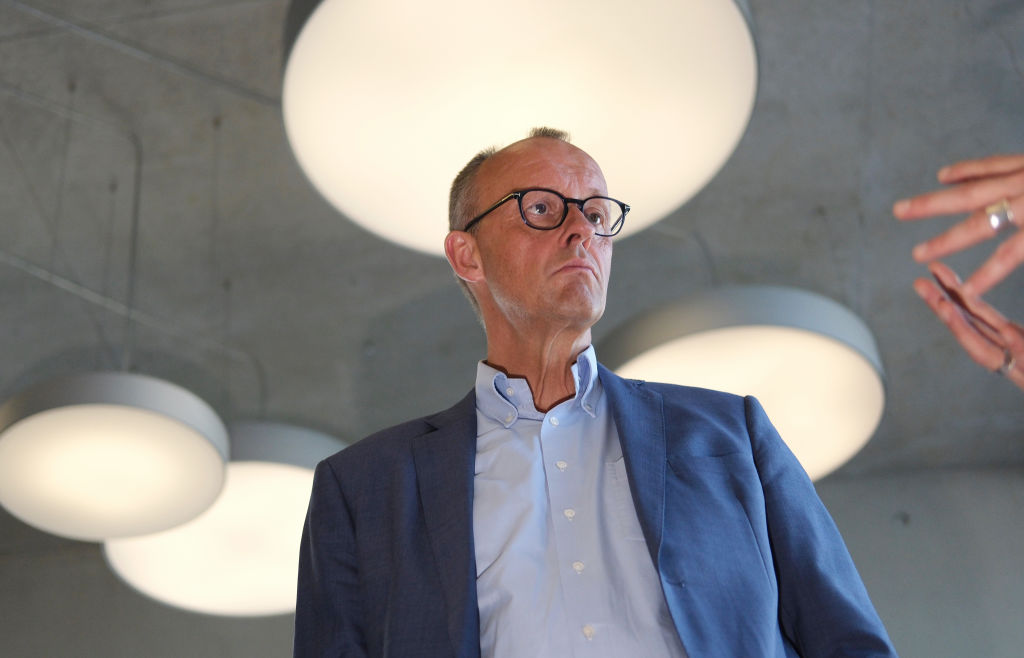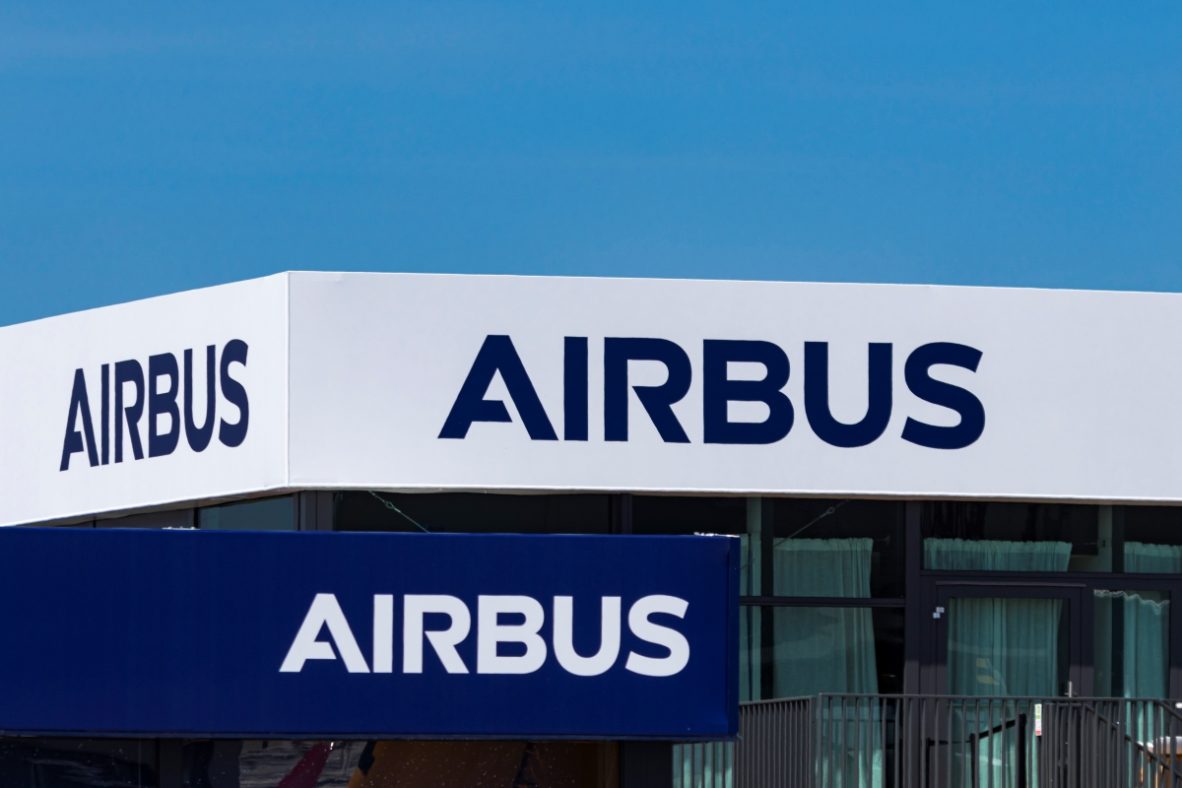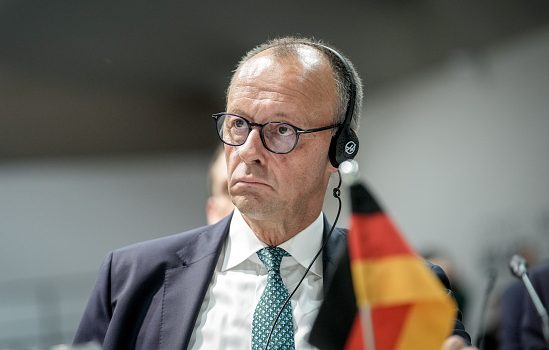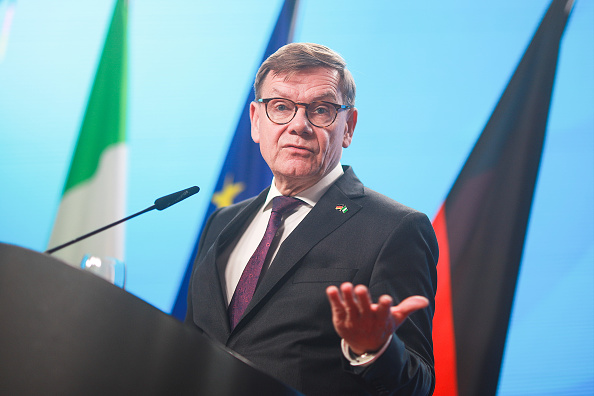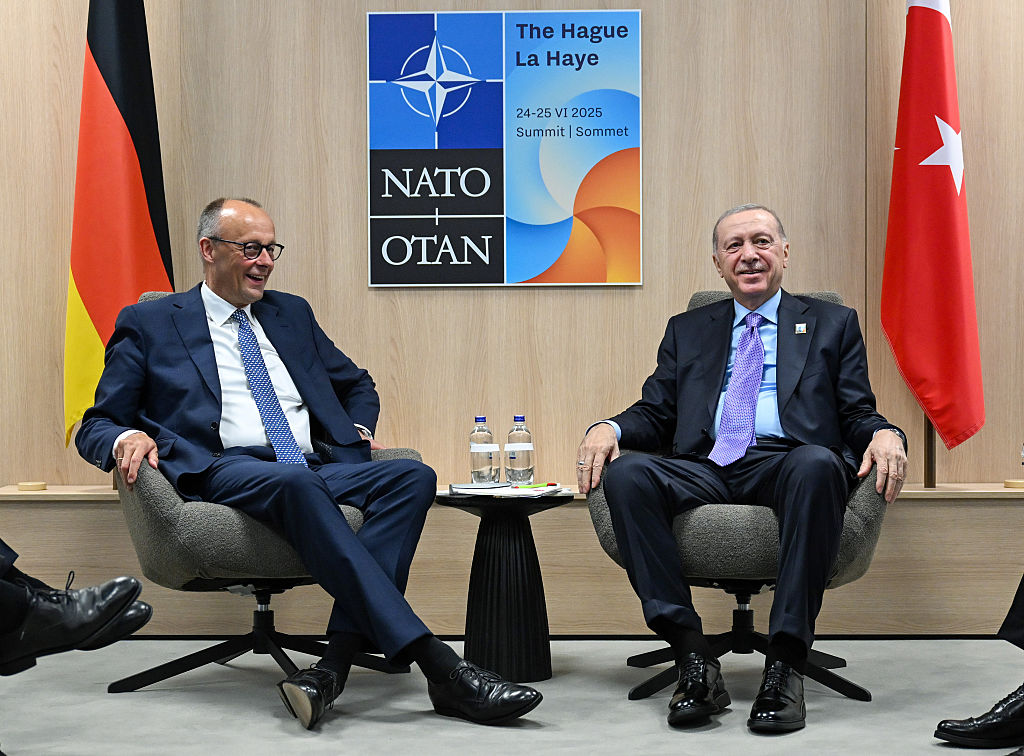Germany creates National Security Council in historic first
“The time when we first had to call all the ministries to get a picture of a crisis is over"
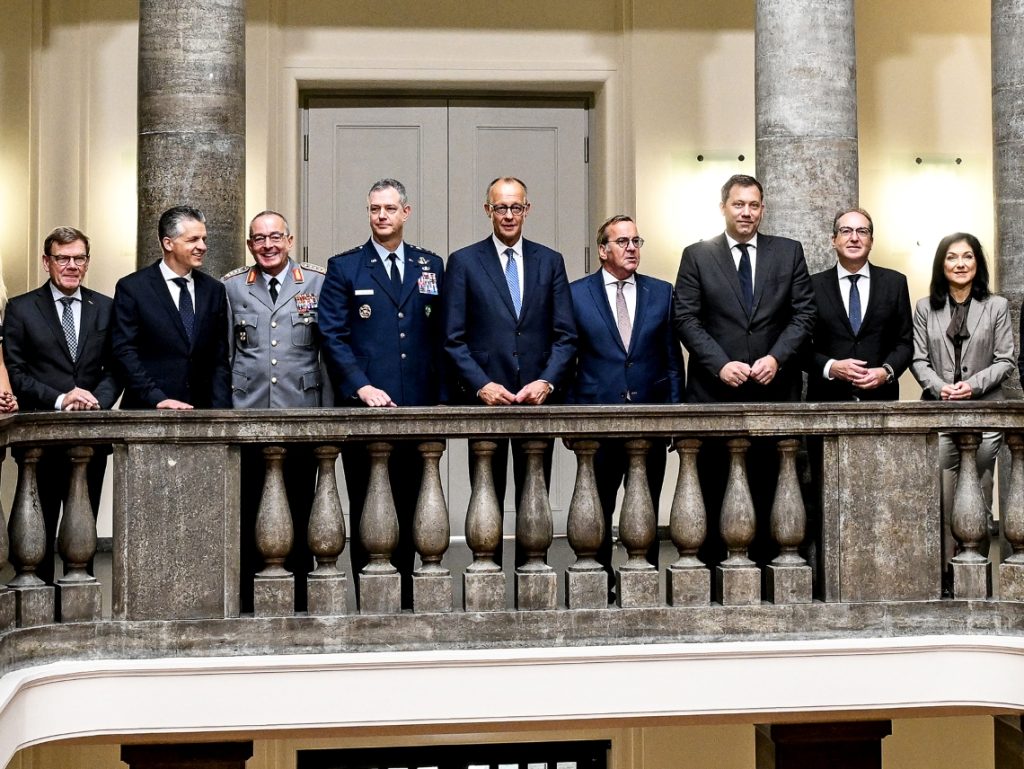
German Chancellor Friedrich Merz and Defence Minister Boris Pistorius announced the formation of Germany’s new National Security Council (NSC) on Wednesday, streamlining high-level consultations on defence and security issues.
German officials are describing the newly formed body as the “new nucleus of Germany’s security architecture”. It merges two previous bodies: Germany’s Federal Security Council, responsible for arms exports and defence policy, and the Security Cabinet, convened for crisis decisions.
Merz on Wednesday said the new NSC will handle both long-term planning for the country’s “integrated security policy” as well as “cross-cutting issues of national security, at the intersection of internal, external, economic, and digital security”.
Threats to European security from Russia and elsewhere required more nimble decision-making and responses, Merz argued: “We must become faster, more creative, and more decisive by hardening our infrastructure, improving our coordination, and making our society more resilient overall.”
The NSC will meet regularly on strategic issues and also convene quickly in times of crisis, according to German officials, who argued that bringing those functions together in a single standing body enhances the “professionalisation of Germany’s security architecture”.
What’s changing?
A key task for the NSC will be strategic foresight: “to identify medium- and long-term threat scenarios, develop options for action and make the necessary preparations,” according to officials. The chief of staff in Merz’s chancellery, Jacob Schrot, will coordinate the council.
The new NSC will include the chancellor and nine of Germany’s cabinet-level ministers. Officials and experts from German security and intelligence services, the country’s 16 federal states, and institutions like NATO and the EU will also be invited to join meetings as needed.
“The time when we first had to call all the ministries to get a picture of a crisis is over. This is the era of general, proactive, society-wide resilience – and of short communication channels,” Christina Moritz, an expert in security architecture, told the Dutch journal Militaire Spectator.
“The EU and NATO expect a great deal from Germany, and as a central point of contact, a National Security Council can help raise broad awareness,” she added
German officials said part of the goal is to end a “siloed” approach to security, with ministries handling different kinds of threats separately. Digital Minister Karsten Wildberger will be included, although climate security – which was closely linked to national security under the previous government – will not be a focus.
Plans for a National Security Council are not new. Alongside the presentation of the National Security Strategy in 2023, the idea of a centralised body gained momentum. But disagreements over the location between ex-Chancellor Olaf Scholz’s Social Democrats and his primary coalition partner, the Greens, ultimately derailed it.
Merz’s conservative Christian Democrats now have firm control over foreign policy matters, however, and pushed through the change.
(cp, bts)




